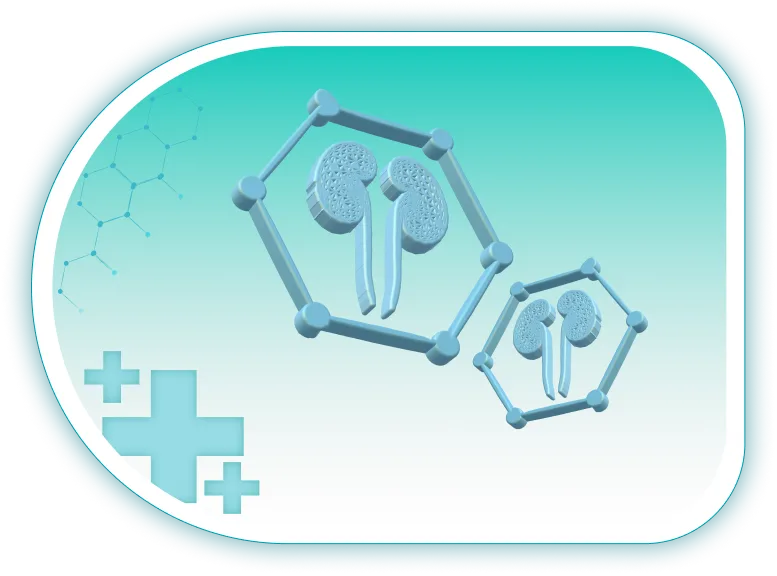
Dr. Ashraf Kamel
Urology & Andrology





Noticing penile curvature, pain, or difficulty during intimacy? Peyronie’s Disease can affect both confidence and quality of life, but effective treatments are available! At German Medical Center, our expert urologists offer advanced, non-surgical and surgical solutions to correct curvature, reduce pain, and restore function. With personalized care and cutting-edge treatments, we help you regain comfort and confidence.
Book your confidential consultation today and take the first step toward recovery!
By booking an appointment with German Medical Center.
Our team of experts are passionate about providing only the best quality care and treatment to their patients.

Urology & Andrology

Urology & Andrology

Urology & Andrology
If you are experiencing symptoms of organ curvature or Peyronie’s disease, it’s essential to seek medical attention from a urologist at German Medical Center. In many cases, a urologist may be able to diagnose and treat Peyronie’s disease.
You may need to see a urologist for organ curvature if you are experiencing the following:
A urologist is a specialist with training and expertise in diagnosing and treating male reproductive system conditions, including Peyronie’s disease. They can perform a thorough evaluation, recommend appropriate diagnostic tests, and develop a personalized treatment plan based on your individual needs and circumstances.
Peyronie’s disease causes the below risk factors:
Peyronie’s disease is a condition that can cause a range of symptoms, including:
The best treatment for peyronie’s disease and the latest treatment for peyronie’s disease options are available and aim to manage and alleviate the symptoms of the condition. The choice of treatment will depend on the severity of the condition and the individual’s overall health.
It’s important to seek medical attention as soon as possible if you are experiencing symptoms of Peyronie’s disease, as early intervention can help to prevent complications and improve outcomes.
No results found.
No results found.

Partner with:
Partner with:


German Medical Center is one of the leading medical institution in Dubai formed by a group of specialists who are passionate about providing the personalized care tailored to the patient's unique needs.
Fill out our easy online form to book an appointment with German Medical Center. Our team of experts is dedicated to providing you with personalized care and guidance every step of the way. Don't wait, take charge of your well-being and schedule your appointment now!